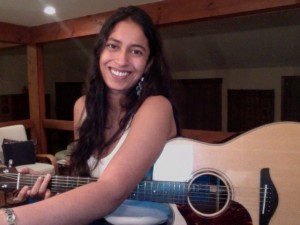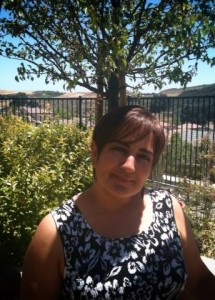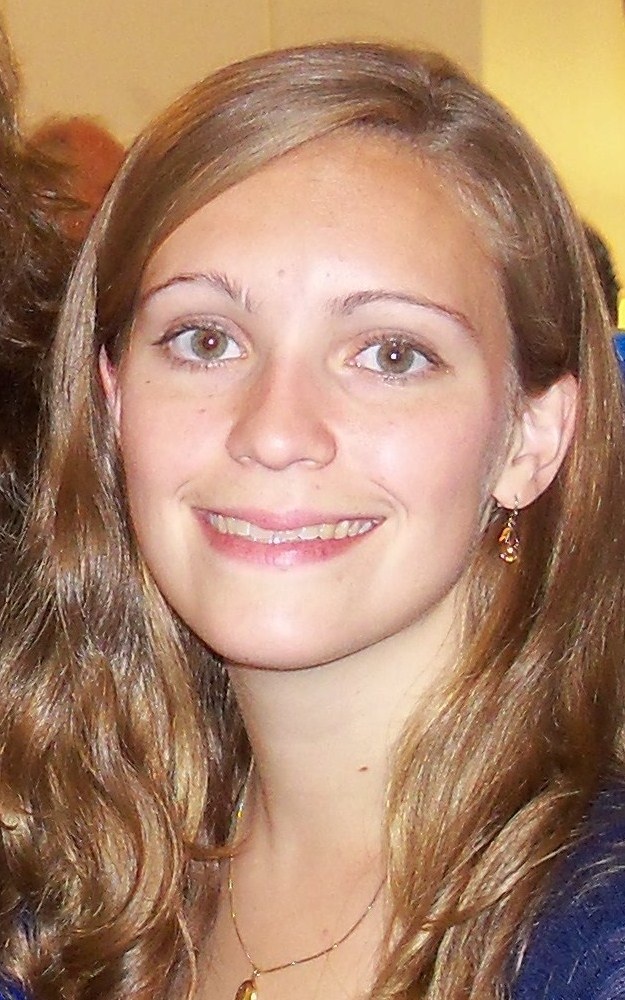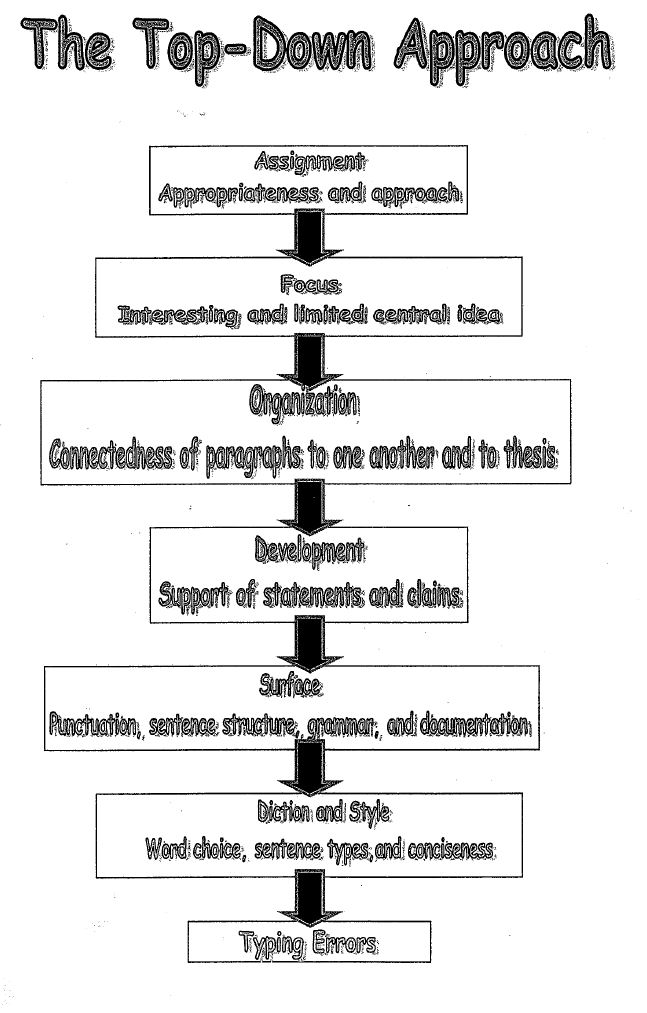
Adam Garnica is a student in the MA TESOL program at MIIS. He studied English literature and creative writing for his undergraduate degree at the University of Tampa. He is a Returned Peace Corps Volunteer from Mongolia, where he served from 2012 to 2014. In Mongolia, he worked as an English teacher trainer and language instructor. Adam has also worked in Thailand and South Korea as an English instructor and with gifted youth in creative writing in the US. He enjoys traveling, running, swimming, playing video and board games, and writing (when he has the chance). He also enjoys wearing ties.

Anita Krishnan is a second-year MA TESOL student, a traveler, a writer, and a musician. She grew up in Australia and Singapore, and has spent her adult life between New York City, Connecticut, and California. Anita studied Journalism and Linguistics at NYU and served as a Peace Corps volunteer in Paraguay from 2009-2011. She continues to travel the world — driven by a love for people, languages, cultures, and food — and her career plans include promoting language education and effective communication between cultures.

Guadalupe Lopez was born and raised in Chicago, Illinois. She has been a developer of educational materials her whole adult life, working with various educational publishers such as Scott Foresman, Scholastic, McGraw-Hill, Hampton-Brown, and Evan-Moor. Currently, she works as an independent materials developer for a private institute, creating lessons for high school ESL (English as a Second Language). She appreciates the flexibility of this new work schedule, as she is now able to savor the final stretch of the MIIS MA TESOL program, an adventure she started way back in 2009. Lupe is married and has three children. Her two daughters, Julia and Cecilia, both majored in linguistics and are following in their mother’s footsteps. Her son Daniel, who is in high school, prefers numbers.

Danny McCarthy was born and raised in the Monterey area. His undergraduate degree is from the University of Oregon in Linguistics with a minor in Business Administration. During his time as an undergraduate, Danny tutored all steps of the writing process for the College of Education. Additionally, he worked with ESL (English as a Second Language) learners on improving their spoken and written English. In his free, time Danny enjoys playing basketball and baseball recreationally as well as sitting down to read a good book.

Weiwei Xie grew up in Shanghai and came to the US to attend Trinity College in Connecticut. She has always been passionate about the English language and writing. Weiwei worked as a writing tutor at Trinity for three semesters and greatly enjoyed the experience. After college, Weiwei taught Mandarin for two years. She also taught pre-calculus and study skills during that time. Weiwei is currently in her third semester of the Masters of Teaching a Foreign Language program for Spanish.
















